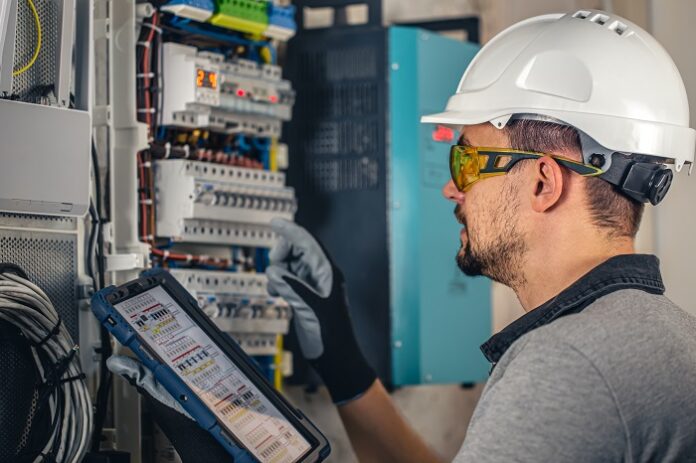In electrical engineering and power management, ‘contactors’ are pivotal in controlling and regulating power flow. These electrically controlled switches are essential for heavy-duty applications and fundamental to various industries. With technological advancements, companies like Schneider Electric are at the forefront of developing contractors that offer reliability, efficiency, and safety.
Understanding Contactors: The Basics
A contactor is an electrical device that switches an electrical power circuit on and off. It is controlled by a circuit with a much lower power than the switched circuit. Unlike relays, contactors are designed to manage high-current load devices like motors, heaters, and lighting systems. They are commonly used in large-scale industrial and commercial electric power distribution systems.
The Role of Contactors in Power Management
Contactors are critical in power management systems for several reasons. Primarily, they help in the safe activation and deactivation of power in large systems. This is crucial in preventing electrical overloads and ensuring the safe operation of electrical equipment. In industrial settings, contactors are often used to control electric motors, compressors, and pumps, playing a key role in machinery operation and process automation.
Technological Advancements in Contactor Design
The design and functionality of contractors have evolved significantly. Modern contractors, such as those developed by Schneider Electric, are more compact, efficient, and durable. They incorporate advanced features like noise reduction, low energy consumption, and minimal maintenance requirements. Additionally, smart contactors are now being integrated with IoT technology, allowing for remote monitoring and control, which enhances operational efficiency and reduces downtime.
Applications of Contactors in Various Industries
Contactors find applications in various industries due to their versatility and reliability. In manufacturing, they are used to control the operation of heavy machinery. In the HVAC industry, contractors regulate systems like air conditioners and refrigerators. They are also vital in renewable energy sectors, particularly in solar power installations, where they manage the flow of electricity from solar panels to the grid or storage systems.
Safety Features and Compliance
Safety is a paramount concern in the design and application of contactors. Modern contractors come equipped with various safety features, including arc suppression technology, which minimizes the risk of electrical fires. Compliance with international safety standards is a priority, and leading manufacturers like Schneider Electric ensure their products meet these stringent requirements.
Schneider Electric: A Leader in Contactor Technology
Schneider Electric has led the innovation and production of advanced contactor solutions. Their range of contactors is designed for high performance and durability, catering to a wide spectrum of power management needs. Schneider Electric’s commitment to innovation, safety, and sustainability positions it as a key player in the evolution of contactor technology.
Innovative Integration with Renewable Energy Systems
A crucial development in contactors is their integration with renewable energy systems, such as wind and solar power. This innovation is particularly important as the world shifts towards sustainable energy sources. In these systems, contractors are vital in managing and distributing the intermittent power generated, ensuring stability and efficiency in the energy grid. They help effectively switch between different power sources and regulate the supply to prevent overloads. This adaptability and robustness make contractors an essential component in the renewable energy sector, further highlighting their importance in the current era of energy transition.
Future Trends in Contactor Technology
Looking ahead, the future of contactor technology is aligned with the trends in automation and smart control systems. Integrating AI and machine learning algorithms is set to make contractors more predictive and responsive to system demands. The focus on sustainability is also driving the development of eco-friendly contractors with a lower environmental impact, both in production and operation.
Overall Conclusion
To encapsulate, the role of contractors in modern electrical systems is multifaceted and continually evolving. From their basic function in power control to their advanced applications in renewable energy and smart systems, contactors are proving to be more vital than ever. Innovations spearheaded by industry leaders like Schneider Electric ensure that contractors not only meet current demands but are also prepared for future challenges in energy management. As we advance towards a more sustainable and technologically driven world, the importance of contactors in efficient and safe power management remains paramount.
Image by pvproductions on Freepik





